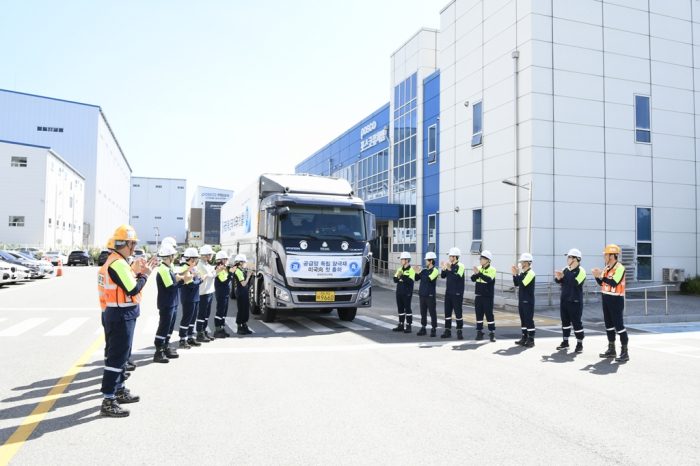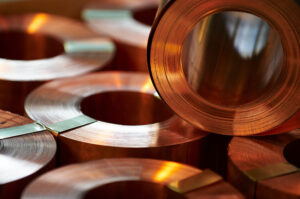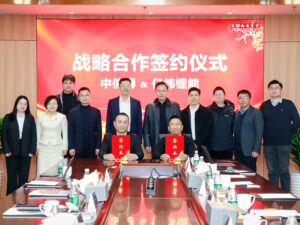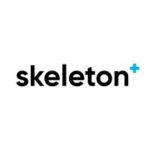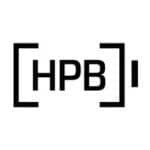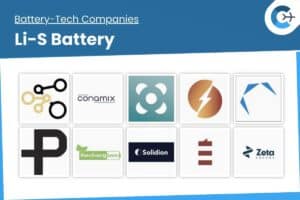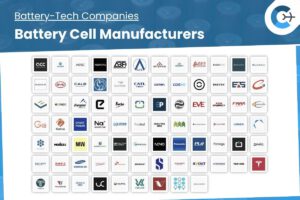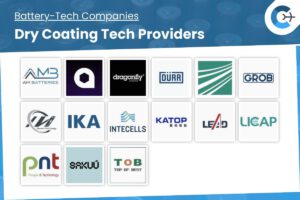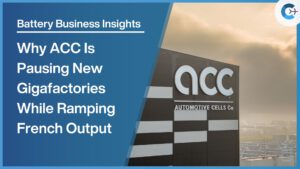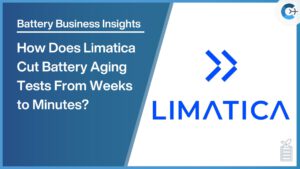POSCO Future M announced on August 8 that it has completed its first shipment of supply-chain-independent high-nickel nickel-cobalt-manganese-aluminum (NCMA) cathode materials to the United States. The materials, destined for Ultium Cells—a joint venture between LG Energy Solution and General Motors—will be used in the production of high-performance electric vehicle batteries.
The initial shipment, dispatched on July 26, was produced using precursors manufactured at the company’s new precursor plant in the Yulchon Industrial Complex in Gwangyang, South Jeolla Province. Completed in June, this facility has an annual production capacity of 45,000 tons. At the cathode material plant, nickel (Ni), cobalt (Co), and manganese (Mn) precursors are combined with lithium (Li) to form the final NCMA cathode product.
POSCO Future M’s move comes amid tightening global regulations on Chinese-sourced battery materials. In particular, recent amendments to the U.S. Inflation Reduction Act introduced the Prohibited Foreign Entity (PFE) provision under the Advanced Manufacturing Production Credit (AMPC), further restricting access to materials from certain jurisdictions. According to SNE Research, South Korea’s reliance on Chinese imports for precursors exceeded 90% as of March 2024. By sourcing all precursors domestically, POSCO Future M has aligned its production with U.S. supply-chain requirements.
Looking ahead, the company plans to expand output at its Pohang cathode material plant to support growing demand. POSCO Future M is part of a vertically integrated network of group companies that spans the battery materials value chain—from raw materials such as lithium and nickel (via POSCO, POSCO HY Clean Metal, and POSCO Pilbara Lithium Solution) through precursors to finished cathode products (POSCO Lithium Solution).
With its end-to-end manufacturing system now operational, POSCO Future M expects to sustain a competitive supply-chain position even as global policy environments evolve.
Source: Business Korea

